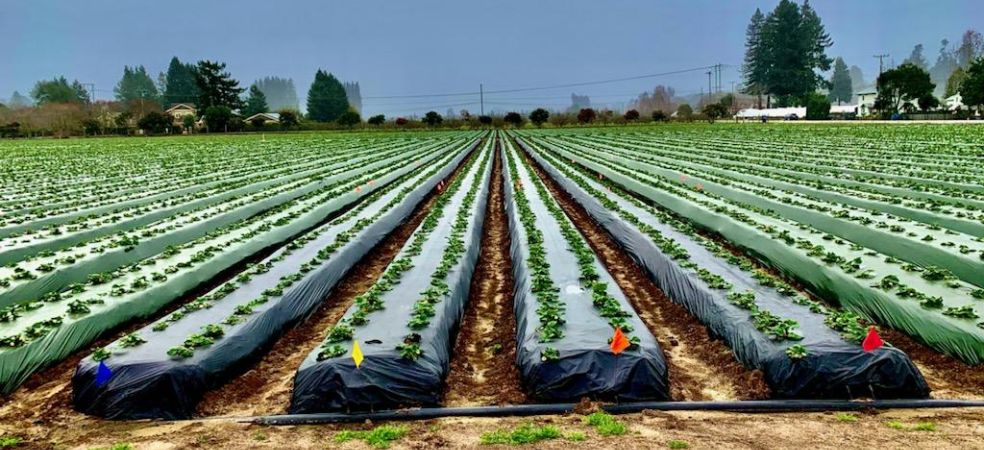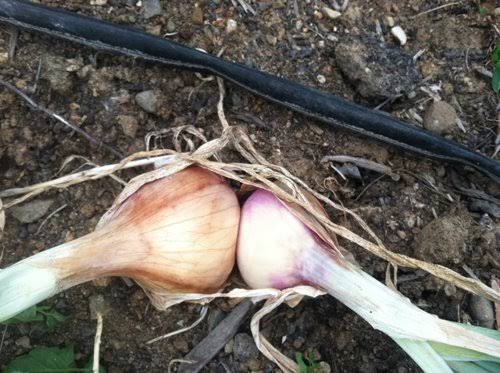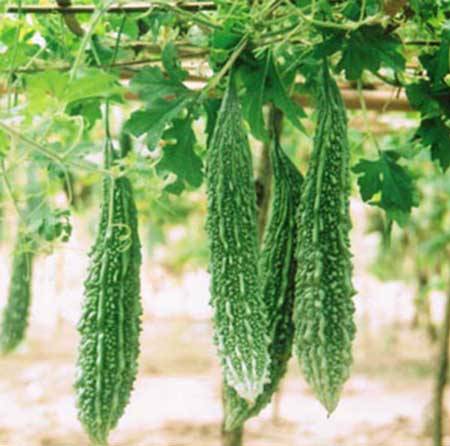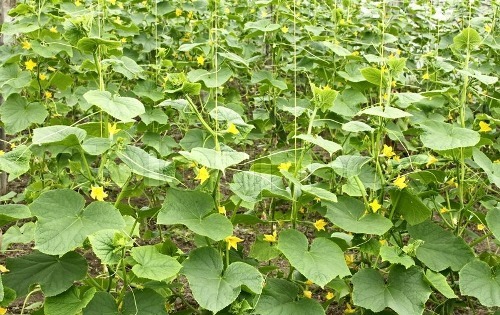Plastic mulching is the process of systematically covering the soil around the plants with a plastic film.
Benefits of plastic mulching:
-
Due to plastic mulching, the moisture in the soil remains for a long time and due to this water is also saved.
-
Mulching also helps in controlling the temperature of the soil.
-
There is less chance of weed growth in the crop and good root growth.
-
It also helps in protecting crops from frost.
-
This does not cause soil erosion, as well as it helps in keeping the soil friable and soft.
-
There is an increase in production, as well as an improvement in the quality of the product.
Types of plastic mulching:
-
Black Mulching: This mulching is mostly used for weed control in horticulture crops. Due to its black colour, sunlight does not enter the soil, due to which photosynthesis of weeds does not take place and their growth stops under the mulch.
-
Blue Mulching: Blue-colored mulch works to control the outbreak of aphids and thrips in crops. More fruits are obtained in cucurbitaceous crops.
-
Transparent Mulching: This type of mulching is mostly used for the solar treatment of soil. Also, it can be used for the cultivation of vegetables in the winter season.
The thickness of Plastic Mulching: Decide the thickness of the mulch film according to the type and age of the crop. The thickness of the mulch should complete the life cycle of the crop. Mulch thickness should be 25 microns in most vegetable crops and 100 microns in fruit crops.
ShareFor such important information related to the agriculture sector and farmers, do read Gramophone articles daily. If you liked today’s information then don’t forget to share.




